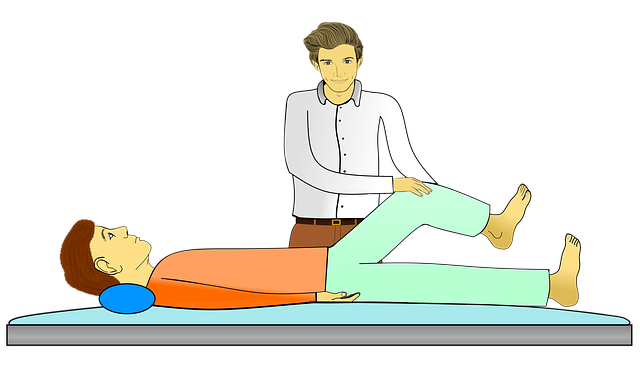
Image Source: Pixabay
Physiotherapy is now widely recognized to be an essential type of naturopathic practice, necessary for safely treating a wide range of injuries. However, it can be tough finding a therapist that really matches your needs, especially here in Como. Here’s how to choose a physio South Perth based patients can trust.
1. Check their qualifications
Not everyone claiming to be a physiotherapist is all that they claim to be. Some people outright misrepresent themselves as physiotherapists while others may have qualified overseas but are not registered or not complying with the industry’s standard practices in Australia.
Physiotherapists in Como must be registered with the Physiotherapy Board of Australia, and comply with the Board’s Registration Standards, in order to practice as physiotherapists in Australia.
In any case, it’s best to avoid physiotherapists with sketchy backgrounds. Be sure to look for proof of qualifications when visiting the offices of recommended physiotherapists, or to look up their qualifications online.
2. Look at their experience
Highly-recommended physiotherapists tend to have at least a few years of experience under their belt. If the physiotherapist you’re considering has a lot of positive reviews, you may want to consider choosing them over a relatively inexperienced one. Of course, more experienced physiotherapists tend to charge more, but this may be worthwhile for many patients.
3. Look for reasonable rates and payment plans
Every physiotherapy case is different and treatments have to be highly personalized. This means that, while usually less expensive than mainstream treatments, physiotherapy expenses can quickly mount, making it hard to keep up sometimes.
This makes it important to choose a physiotherapy clinic that is both within your budget and able to provide you with a reasonable payment plan. Given that therapy may sometimes be necessary for several years, cost and ease of payment can be major factors in your choice of clinics.
4. Consider specialization
Some physiotherapists specialize in the treatment of certain conditions. Some specializations include Cardiovascular & Pulmonary, Geriatric, Clinical Electrophysiologic, Pediatric Neurologic, Orthopedic, and Sports.
Occasionally, you may find that clinics that specialize in the type of therapy you need simply aren’t in your preferred area. In that case, you may have to consider going with a general practitioner or traveling further in order to get the level of treatment you desire.
5. Check for private facilities
The practice should offer privacy to allow the patient to be comfortable and prevent people other than the therapist and qualified experts from seeing them during therapy. This setup will also allow patients to be absolutely forthcoming with their issues without any fear of being overheard. Avoid any clinics that do not offer acceptable privacy.
6. Consider a clinic that offers a good therapist-to-patient ratio
Some physiotherapists treat entire groups during the same session, with assistants performing some of the treatments. This is not an industry standard, as physical therapy is very much a skilled practice, and the level of treatment can vary from therapist to therapist. Handing off treatments to assistants can be problematic as there may not always be a guarantee of their training. To avoid these issues, choose a therapist that offers one-on-one sessions.
It can be extremely convenient if the facility also offers orthotics, chiropractic therapy, acupuncture, and other related naturopathic services onsite or if these can be accessed at neighboring clinics. Most physiotherapy patients can stand to benefit from having complimentary treatments and having easy access to these other kinds of therapy can be a big reason for choosing a specific clinic.
Tell us about your physiotherapy experiences. We’d love to know!
About The Author:
Grace Cortez is the manager for a Fortune 500 company, Grace Cortez counts communication coaching and personality development among her passions. In her spare time, she engages in writing, gardening, surfing, and hiking.




